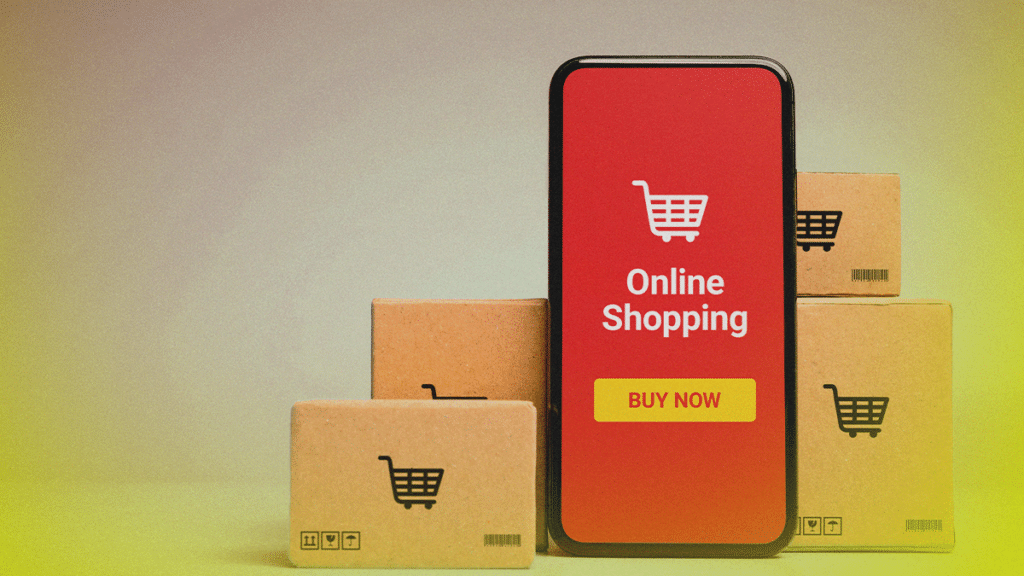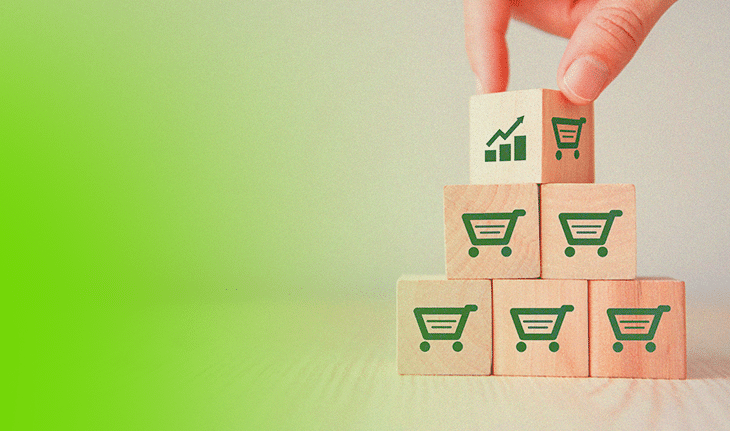E-commerce of the future 2.0: digital marketing is the destiny of internet sales

With the development of technology, also came the development of quick and instant ways of selling over the internet. This is the so-called e-commerce of the future 2.0.
In recent years, e-commerce has been a transformative force in the commercial landscape, allowing buyers and sellers to connect more conveniently and efficiently.
However, e-commerce is rapidly evolving into a new phase, e-commerce 2.0, where digital marketing becomes the focus of internet sales.
In this text, we will explore how digital marketing is shaping the future of e-commerce, emerging trends and the challenges that must be faced to achieve the full potential of this revolution.
Digital Marketing in e-commerce of the future 2.0
- Customization at scale
Firstly, Digital Marketing is the key to offering a personalized shopping experience at scale.
Through data analysis and artificial intelligence, online stores can understand consumer preferences and behaviors, creating highly targeted campaigns and personalized recommendations.
This personalization increases customer engagement, strengthens brand loyalty, and boosts conversion rates.
- Social Media Integration
Social networks play a crucial role in the e-commerce of the future 2.0. Companies are increasingly using platforms like Facebook, Instagram, TikTok and others to promote products, interact with customers and build online communities.
Therefore, through well-targeted advertising campaigns and influencer strategies, social networks have become powerful tools for reaching and captivating new audiences.
- Relevant and engaging content
In e-commerce 2.0, content is king. Brands are investing in content marketing strategies, offering consumers useful and engaging information about products and services.
However, blogs, videos, infographics and other content formats are used to educate and entertain customers, creating a more meaningful connection with the brand and building trust over time.

Digital Marketing Trends in e-commerce of the future 2.0
- Augmented Reality and Virtual Reality
Augmented Reality (AR) and Virtual Reality (VR) are revolutionizing the way products are presented to consumers.
After all, these technologies allow customers to virtually view products in their own homes, try on clothes virtually or even test furniture in their real environment.
This immersive experience increases consumer confidence in purchasing and reduces returns, becoming a growing trend in e-commerce 2.0.
- Marketing Automation
Marketing automation is another trend that is gaining momentum in e-commerce 2.0.
Therefore, with automation, companies can carry out segmented email marketing campaigns, send abandoned cart reminders, provide personalized recommendations and much more, all in an automated way.
This allows brands to reach customers at the right time with the right message. This increases the efficiency of campaigns and improves the customer experience.
- Voice purchases
With the advancement of virtual assistant technology, such as Amazon's Alexa and Google Assistant, voice shopping is becoming more common.
Additionally, consumers can place orders with just a voice command. All of this represents a significant opportunity for companies to optimize their marketing strategies to meet this new way of interacting with customers.
Challenges faced in this new format
- Excess of information
In an increasingly competitive digital landscape, consumers are being bombarded with a massive amount of information and advertisements.
The challenge for brands is to stand out from the competition and provide relevant, meaningful content that captures the audience's attention.
- Privacy and Security
As digital marketing becomes more sophisticated, issues of consumer privacy and data security become more important.
Therefore, companies need to ensure they comply with data protection regulations and adopt ethical practices for using customer information.
- Access to Technology
Although technology is advancing rapidly, there are still challenges related to equal access to the internet and devices needed to fully participate in e-commerce 2.0.
Digital inclusion is essential to ensure that everyone can benefit from the opportunities offered by digital marketing in e-commerce.
What to expect from future e-commerce 2.0?
Finally, the e-commerce of the future 2.0 is extremely linked to Digital Marketing.
In this way, personalization at scale, the integration of social networks, the creation of relevant content and immersive technologies are redefining the way we buy and sell on the internet.
As we face challenges related to privacy, competition and digital inclusion, the evolution of e-commerce 2.0 offers exciting opportunities for brands to connect more deeply with consumers and drive success in the digital world.
Are you interested in the subject and want to read more informative articles? So, enter our blog and read much more!


